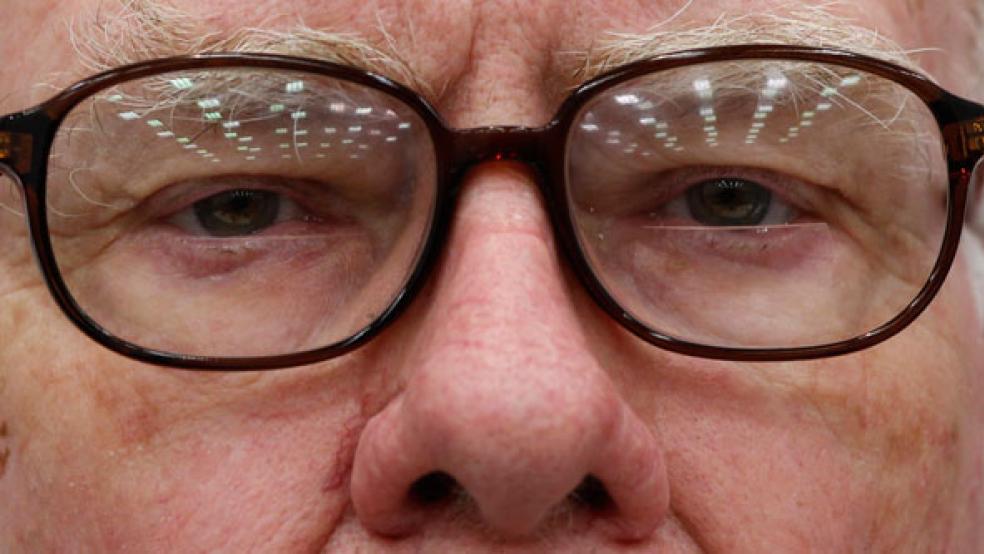Reading Warren Buffett’s annual letter to the shareholders of his Berkshire Hathaway (BRK.A) holding company has become a pastime somewhat akin to the ancient sport of Kremlinology. Instead of academics studying the lineup of Politburo leaders accepting the salutes of military forces parading in Red Square, however, “Buffettologists” scan the sage of Omaha’s carefully-crafted sentences, looking for details about his thinking, strategy and stock picks.
As ever, that sage walked a narrow line between full disclosure and piquing the curiosity of his audience. Perhaps the biggest tease came when he referred repeatedly to his successor without naming that individual, even as his phrasing hinted that it wouldn’t be either of the two heirs apparent, Todd Combs and Ted Wechsler. Both men, he hinted “will be helpful to the next CEO” when it comes to making acquisitions.
RELATED: Warren Buffett’s High-Stakes Challenge to the GOP
This coyness really does shareholders a disservice. True, as Buffett pointed out later, he doesn’t have a clue which executives are in line to step in as CEO of companies in which Berkshire Hathaway has a significant stake, from Coca-Cola (KO) to Wells Fargo (WFC). But in neither of those cases is the CEO an octogenarian who is publicly viewed as being single-handedly responsible for the company’s current status and future wellbeing.
Investors aren’t going to want to wait for Buffett’s retirement or his death to find out the identity of his successor. But nobody’s going to be in a hurry to usher Buffett off the platform, stage right. Buffett has shown himself to be a far cannier businessman than former Citigroup CEO Sandy Weill, who, every time he identified an heir to the empire he had built, seemed to fall out with that individual.
If Buffett was cagy when it came to his heir, he was helpfully forthright in his views about the investment landscape. Having a stake in so many businesses across the spectrum gives him an enviable platform from which to view the alternatives, and he told his shareholders he likes stocks more than any other asset class – they are cheap, for one thing. (Plus, he’s always shown a clear preference for owning a business that is generating returns rather than bonds whose returns are confined to interest payments, or gold, which costs investors money to own.)
This will also be the year when real estate turns the corner, Buffett predicted. And he’s on the prowl for acquisitions, with $17 billion or so of spare cash from his $37 billion war chest. He’d buy houses with it, he says, if he could only figure out a way to manage that many single-family homes.
RELATED: Buffett’s 2011 Letter Didn’t Disappoint
Just as admirable as Buffett’s investment prowess is his matter-of-fact attitude when it comes to owning up to his limitations. He blew it when he bought $2 billion of junk bonds issued by the former Dallas-based utility TXU Corp. (TXU), issued to finance its buyout. (The company today is known as Energy Future Holdings.) Berkshire Hathaway carries them on its books at about 30 cents on the dollar and, Buffett wrote, he made “a mistake — a big mistake” when it came to calculating the risks of the transaction.
In an industry where everyone is eager to grab the glory for themselves and blame the markets (lack of correlation; market speculation; insider trading and manipulation) for underperformance, it’s refreshing to see someone own up to a misstep, as Buffett has done before.
Buffettology notwithstanding, the real Warren Buffett is human. That means he’s mortal and that he makes mistakes. His acceptance of both those realities in an industry often characterized by hubris is another reason legions of fans put their trust in the Oracle of Omaha.






